EU-Western Balkans cooperation in the fight against transnational crimes
| Prof. in charge | Anna Oriolo (Key Staff Member) |
Typology: TRAINING COURSE
This training activity aims to foster knowledge and critical assessments concerning the Western Balkans as the origin of cross-border offences into the rest of Europe. Organised crime activities are mainly linked to illicit trafficking in arms, drugs, and humans.
The increasing involvement of strong organized crime groups in the Balkan region reflects an EU concern due to the importance of the region as a geopolitical and geo-economic hub between the EU, Turkey, the Middle East, and Russia. Further, as borders dissolve in Europe, the opportunity for various forms of exploitation increases, presenting new challenges. Similarly, the challenges of terrorism have been recognised as a priority issue in EU-Western Balkan relations. The topic gained prominence through the EU Global Strategy, and resulted in some determined steps at the policy level in the respective EU-Western Balkan forums. In this direction, the Joint Action Plan on Counter-Terrorism requires each Western Balkan country to align its legal counter-terrorism framework with the relevant legal instruments of the EU and international bodies. In fact, the EU’s latest enlargement strategy of February 2018 reinstated security and the rule of law as a conditio sine qua non in terms of a reinforced EU perspective for the region.
Therefore, these activities will concern the political choices, the applied rules, the political and legal instruments adopted at the international, European, and national level to reinforce reform efforts and bring tangible progress in this sector. They will also consist of the analysis of the impact on the legal systems of each Western Balkan country according to an interdisciplinary approach that includes criminal law and criminal procedural law, constitutional law, European and international law. Furthermore, they will focus on what obstacles might exist in the national legislation and practice of Western Balkan countries that might hinder or complicate the efficiency of international cooperation according to European standards. Thus, the approach will be problem-focused also in light of the evolution of EU Criminal Law.
The training activity will also consist of joint training seminars for the teaching staff, international, and national experts, and the representatives of the different categories of stakeholders to provide technical expertise on cooperation on transnational crimes.






